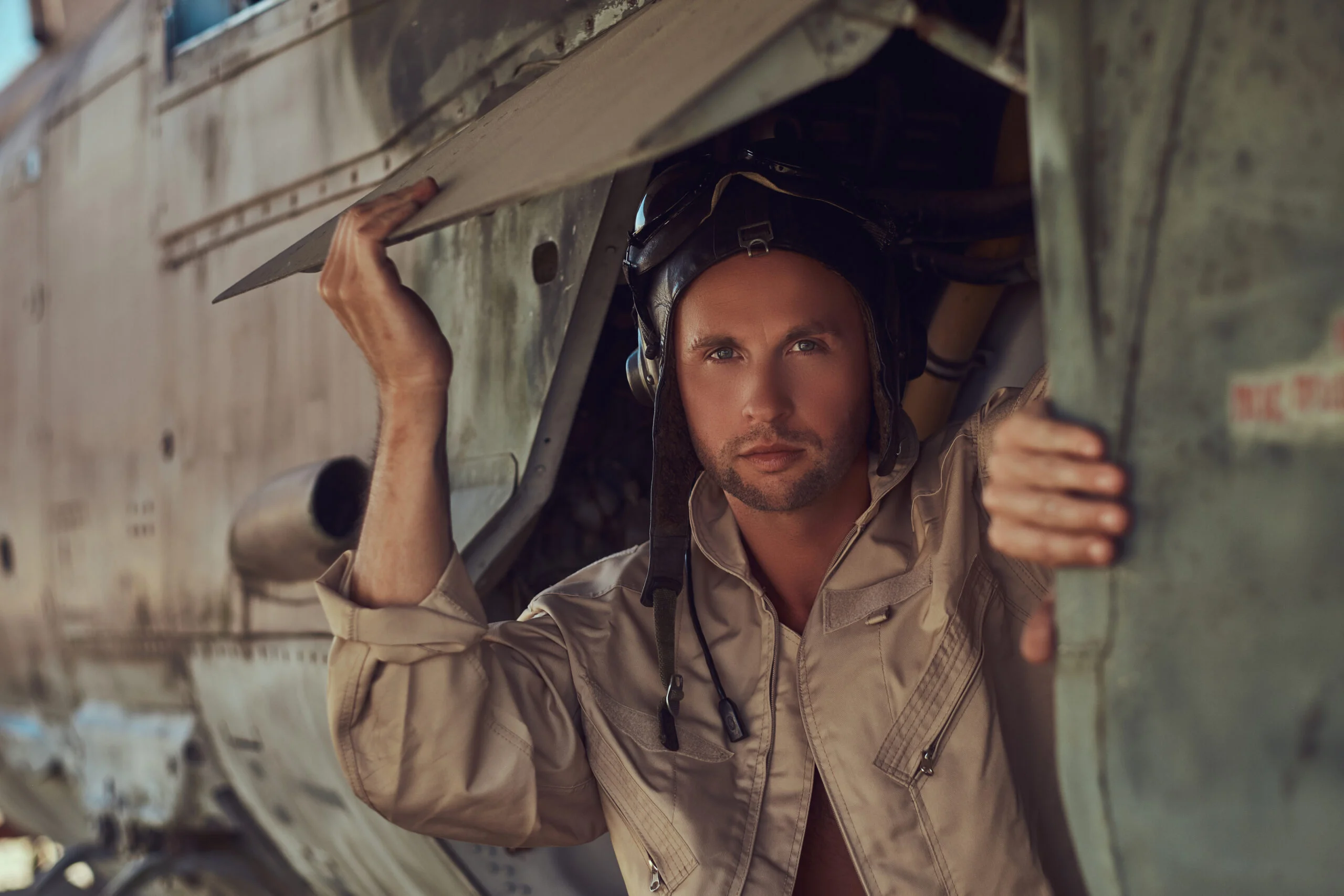Senior Airman Maxim Meier represents the 7th Airlift Squadron as their suicide prevention advocate, sharing his personal journey as a suicide attempt survivor to raise awareness about Post-Traumatic Stress Disorder (PTSD) and help destigmatize mental health struggles within the military community.
A Day That Changed Everything
On May 17, 2022, after an exceptionally difficult morning, I found myself making a decision that would alter the course of my life. Instead of heading to work, I turned my car around, intent on ending my life. After nine grueling months of battling overwhelming emotions and daily struggles, I felt completely drained—mentally and emotionally. I was convinced no one could truly understand the depth of my pain. I had never felt so isolated.
My downward spiral began on August 26, 2021, the day of the Abbey Gate attack at Hamid Karzai International Airport in Kabul, Afghanistan. That tragic day claimed the lives of 11 Marines, one Sailor, and one Soldier—service members who made the ultimate sacrifice while defending me, my crew, and thousands of civilians. We were the only American C-17 there. The weight of survivor’s guilt settled heavily on my shoulders, knowing those brave individuals died protecting us or desperately needing our help.
The Invisible Battle
After returning home, the nightmares started. Soon after, daily panic attacks followed—each lasting for what felt like an eternity. In November 2021, I was diagnosed with PTSD. My world became a constant state of fear, panic, and depression. The person I used to be felt like a distant memory.
On the day of my attempt, I reflected on simple joys I believed I’d never experience again—training in martial arts, watching Stranger Things with my wife, or dancing around the house with my dog. In a rare moment of clarity, a thought broke through the darkness: “There will always be another time to do this, but once I have, I can never go back.”
That thought saved my life.
Reaching Out and Finding Hope
I picked up the phone and called my first sergeant and senior master sergeant. They didn’t hesitate. They didn’t judge me. Instead, they listened. My senior master sergeant stayed on the line with me until my first sergeant arrived in the parking lot where I sat, overwhelmed and broken. Together, we drove to the behavioral health clinic.
There, I spoke to a mental health provider for hours. We created a safety plan—a lifeline for moments when I might feel that hopeless again. I still carry a paper copy of that plan with me everywhere I go, just in case.
It’s been four months since that day, and every time I share my story, I heal a little more.
The Power of Community
The support I received—from my command, behavioral health professionals, family, and friends—was the foundation of my recovery. It felt like doing a trust fall, unsure if anyone would catch me. But they did. Every time I reached out, they reminded me of my worth, of what’s important, and of the hope I thought I’d lost.
I know with absolute certainty that I wouldn’t be here today without their support. Since sharing my experience, I’ve had people tell me that hearing my story gave them the courage to seek help. That’s an incredible honor. I share my story not just to heal myself, but to remind others that they’re not alone—and that it’s okay to ask for help.
If I Could Go Back
If I could talk to myself on that dark day, I’d say one thing: “Your own strength is not your only strength.”
Making my mental health struggles public has allowed me to draw strength from the people around me. When negative thoughts creep in, I remember the kind words people have shared after hearing my story. I remind myself that I am more than my struggles. I am the product of my resilience—and the unwavering support of my community.
Asking for help isn’t a sign of weakness. It’s a testament to your strength. And because of one phone call, I’m still here. I’m proud of that. I’m proud that sharing my story might help someone else find the courage to make their own call for help.
If you have a military family member who might be struggling with thoughts of suicide, visit Here
– By Senior Airman Maxim Meier, 7th Airlift Squadron, C-17A Loadmaster, 62d Airlift Wing
JOINT BASE LEWIS-MCCHORD, Wash. —

